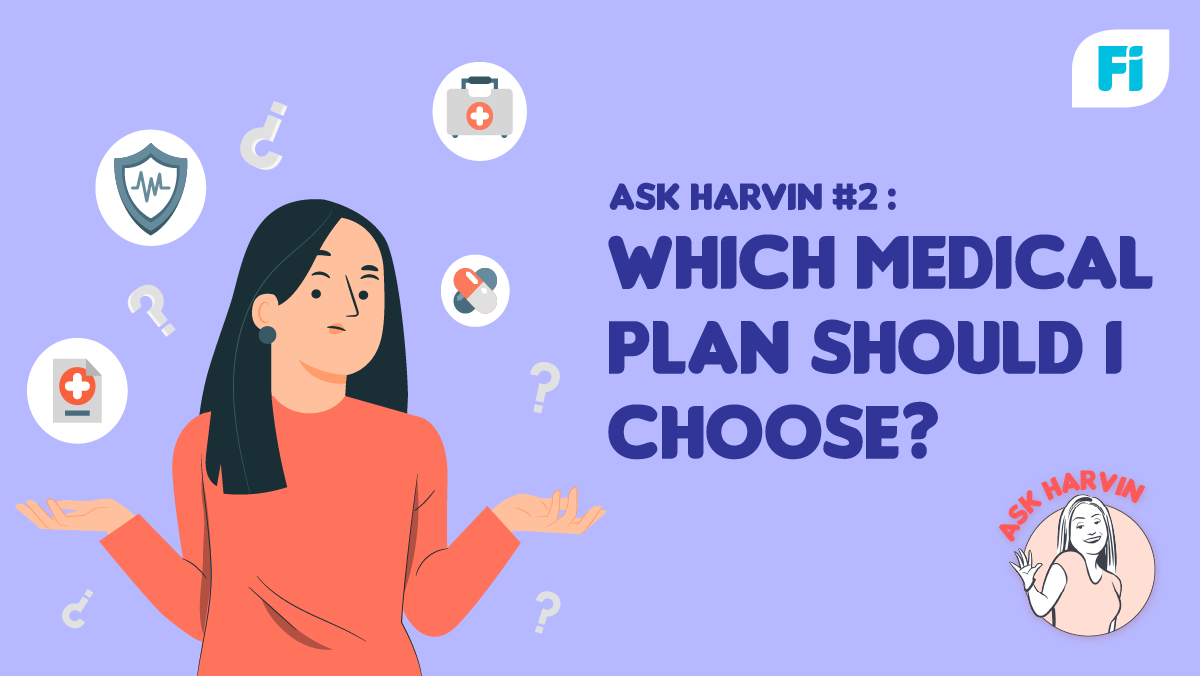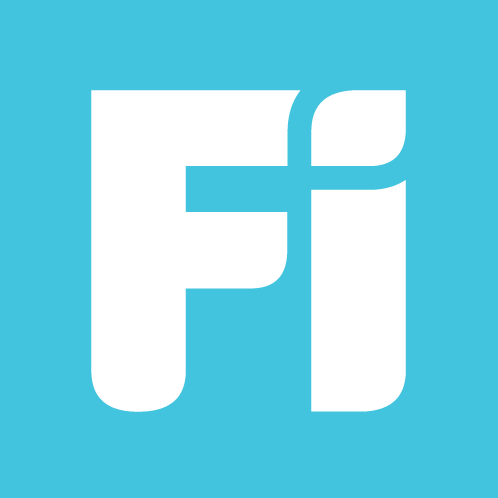
Welcome to the second issue of our “Ask Harvin” series. Insurance has a reputation for being so complicated so we have tasked Harvin Sidhu, Fi Life’s in-house insurance adviser, to answer all your questions on life, critical illness and medical insurance. So If you have any questions to ask Harvin, please send them to hello@fi.life.
This week’s question is about our most essential insurance: Medical insurance.
Which medical plan should I choose?
Unless you want to rely on government hospitals, everyone needs medical insurance. The only question is which one should you choose?
Choose one that has sufficient claim limits
Most medical plans have claim limits. They can be either annual claim limits where you cannot claim above a certain amount every year, or lifetime claim limits, where you cannot claim above a certain amount in your lifetime. It is crucial that you choose a plan that covers a sufficient amount of medical expenses.
I would recommend nothing less than a claim limit of RM100,000 per year. If you want a reasonable margin of safety, I would choose a claim limit of RM200,000 per year. Why? Here are some examples treatment costs:
- Surgery for a coronary bypass can cost up to RM100,000
- Stent/angioplasty procedure can be up to RM50,000
You also have to set aside some for hospital room and board charges and incidentals.
I would not recommend a plan that imposes life time claim limits. If you are diagnosed with a severe critical illness, your hospitalisation expenses can run up very fast. However, if you have no choice but to choose a lifetime limit, I would recommend nothing less than RM500,000.
Choose cashless admission
Cashless admission means you do not have to pay upfront for your hospitalisation expenses. With cashless admission, you only need to produce your digital or physical medical card during registration and the hospital will get in touch directly with your insurer's third-party administrator for settlement of your hospital expenses. This allows you to focus on your recovery without having to worry about raising cash.
Make sure though you know which hospitals participate in your insurer's cashless admission scheme, ask to get admitted to those.
Choose a medical plan that is guaranteed to be renewed
Should you be stricken with a medical condition, you want to continue to be insured after you have recovered from it. You certainly do not want to be refused medical insurance because of it.
This is why a "guaranteed renewability" feature is important. This means that your insurance company guarantees to renew your medical insurance policy notwithstanding that you have been afflicted with a medical condition after taking out the original insurance. Make sure your medical plan has guaranteed renewability.
Ensure outpatient treatment before and after hospitalisation is covered
While the cost of your main treatment is covered by most medical policies, you need to check whether you are entitled to claim for pre-hospitalisation expenses like diagnostic testing by specialists, or post-hospitalisation follow-up outpatient treatment. For example, cancer patients require regular chemotherapy sessions, and kidney failure patients require frequent dialysis. The costs of these can be hefty, so make sure they are covered by your medical plan.
There may be limits to pre and post-hospitalisation expenses e.g only within 30-90 days before or after hospitalisation. Check what these are. My recommendation is to go for a medical plan that has generous limits on pre and post hospitalisation treatments.
And here's a tip:

Claim first from your company medical plan, but ensure you have your own plan in place.
Even if you have a company medical plan, it is important to have your own plan as well, even if it's just for an annual claim limit of RM100,000. Unless you work for a multinational, the claim limit for company plans is usually quite low, so it’s best to have your own plan to top up any shortfall in your company plan. Also, during these uncertain times, being suddenly made unemployed is always a possibility, so best to have your own personal plan in place.
Yours truly,
Harvin Sidhu
Editor’s Note: Fi Life offers medical plans that have all the above benefits, including cashless admission, no lifetime limits, guaranteed renewability and pre and post-hospitalisation coverage. Please research in your own time at https://fi.life/medical or contact us at hello@fi.life.
